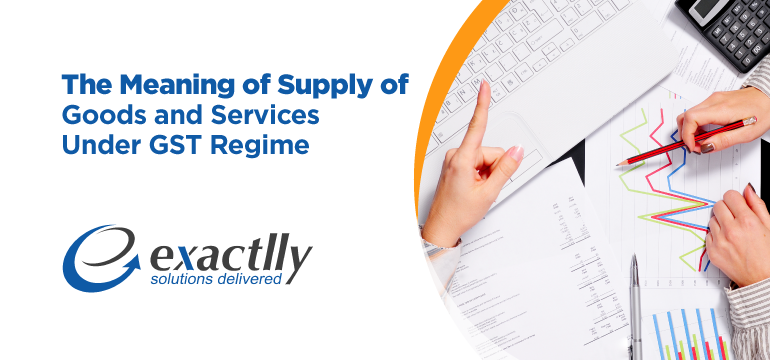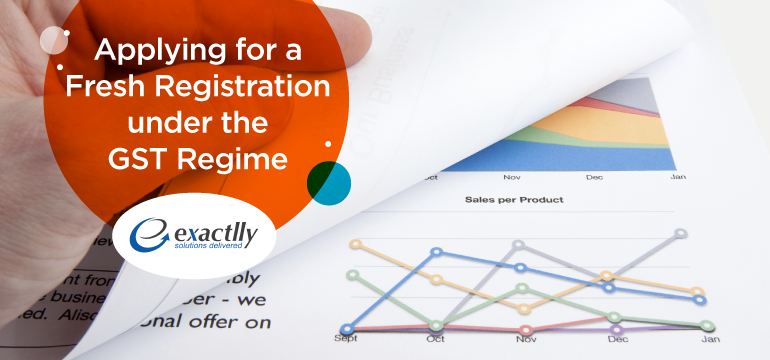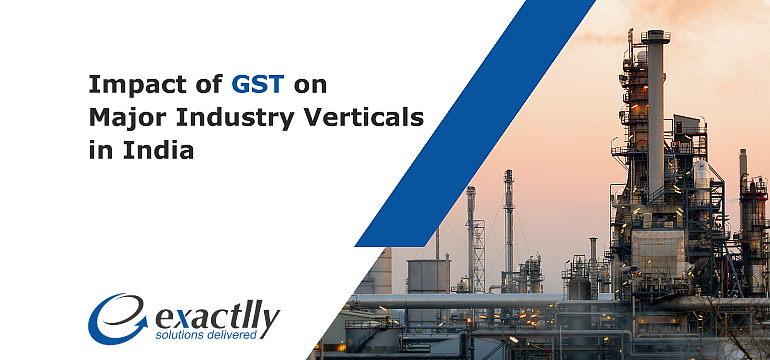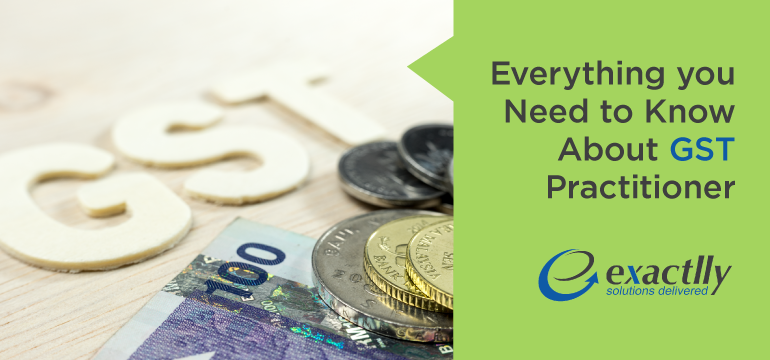Highlights of the GST Model Law
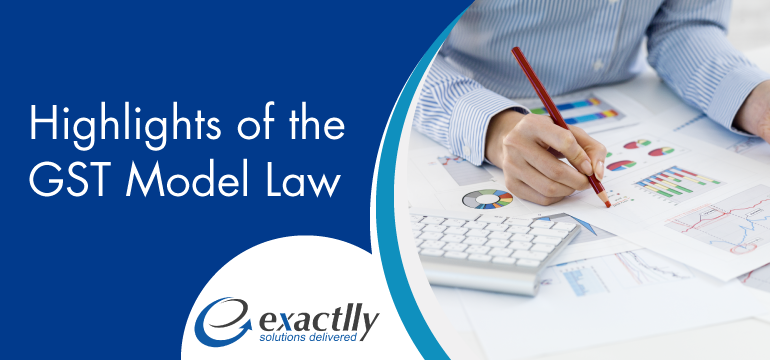
This article provides a focus on the key provisions and highlights of the highly anticipated GST Model Law, the draft of which was available to the public on November 26, 2016. We have simplified the understanding of the same by dividing it into three essential categories of highlighting the changes proposed, segregating additions to the law, and marking out what has been excluded or left out.
Key highlights of the GST Model Law:
Following are the changes made in the draft law of November 26, 2016 basis the draft law which was rolled out on June 14, 2016 –
|
Sl. No. |
Particulars |
Changes |
|
|
Threshold limit with respect to registration | The threshold for special category states (including the states of Arunachal Pradesh, Assam, Jammu and Kashmir, Manipur, Meghalaya, Mizoram, Nagaland, Sikkim, Tripura, Himachal Pradesh, and Uttarakhand) has been increased from 5 Lakhs to 10 Lakhs and the threshold for the rest of the country has been increased from 10 Lakhs to 20 Lakhs (This amount may further be subject to increase by the government) |
|
|
Aggregate turnover | Calculation of aggregate turnover includes taxable supplies, exempt supplies, and export supplies but not nontaxable supplies |
|
|
Import of services | Supply for the importation of services may or may not be done in the course of furtherance of a business however it must be done for consideration (as opposed to earlier when it may or may not have been done for a consideration) |
|
|
Rate of Tax on GST Composition Levy Scheme | Increased from not less than 1% to not less than 2.5% of the turnover in a state or union territory, during a financial year for the manufacturer, and 1% for any person other than a manufacturer. |
|
|
Restrictions imposed on GST Composition Levy Scheme | In addition to the restrictions imposed on opting for composition levy by a registered taxable person engaged in interstate outward supply, a composite taxpayer may also not be engaged in the supply of services or goods not leviable to tax under the GST, supply of goods through an e-commerce operator or manufacturer of specifically notified goods by the GST Council. |
|
|
Forward charge on time of supply of goods | The details of earliest of the dates required to be maintained are the date of invoice and date of receipt of payment – no longer required to maintain details such as date of removal of goods and date of entry of the receipt of the goods as entered into the books of accounts.
When the invoice is issued within the prescribed period, then the earliest date of invoice and date of receipt of payment are required to be maintained. The revision has done away with the contingency in case the invoice is not issued within the prescribed date. |
|
|
Reverse charge on time of supply of goods | The details required to be maintained are the date of receipt of goods, date of payment of such goods received, and a date 30 days from the date of invoice – no longer required to maintain details such od date of debit in the books of accounts.
When the invoice is issued within the prescribed period, then the earliest date of payment and the date of 60 days from the date of invoice are required to be maintained. The revision has done away with the maintaining date of receipt of services, date of receipt of the invoice, and date of debit as entered in the books of accounts. |
|
|
Subsidies in terms of the value of supply | The subsidies are linked to the price (instead of the value linked to the supply) except for the subsidies that are provided by the state or central government |
|
|
Input Tax Credit | The ITC must be received by the principal manufacturer within 1 year as opposed to 180 days
The period within which the capital goods may be received back has been increased from 2 years to 3 years |
|
|
Delayed refund – interest payable | The interest is required to be paid within a period of 60 days as opposed to 3 months, if not refunded |
|
|
Provisions to transition regard a registered business, manufacturer, trader, and service provider | For carrying forward the ITC to GST the following conditions must be satisfied – (a) closing balance of ITC to reflect details of the last return so filed (b) permitted as ITC. The conditions have done away with the provision of including the concept of credit to be allowed under the current law |
|
|
Schedule I | The Schedule I has been revised to exclude the following activities – (a) application of business assets temporarily to any use other than for the business; (b) putting services to use for anything other than business use; (c) retaining assets after deregistering them; (d)supplying goods/services by a taxable person to another taxable or non-taxable person in the course or furtherance of business.The Schedule contains the following activities only –
(a) transfer/dispose business assets upon availing ITC; (b) supply of goods and services between related or distinct persons when made in the course or furtherance of the business; (c) supplying goods from a principal to an agent or vice-versa where either party undertakes to make such supply on behalf of the other party; (d) importation of services by a taxable person in the course or furtherance of the business, from a related person or any of his establishments outside India. |
Following are the additions made to the draft law of November 26, 2016–
|
Sl. No. |
Additions |
Details |
|
|
Definition of Capital Goods | Capital Goods have been defined to mean and include goods, the value of which is capitalized in the books of accounts of the person claiming the credit and which are used or intended to be used in the course or furtherance of business. |
|
|
Meaning of Mixed Supply | A combination of two or more individual supplies of goods when made by a single taxable person for a single price. |
|
|
Meaning of Composite Supply | A supply comprising two or more goods or services naturally combined or bundled, when made by a taxable person to a recipient in the ordinary course of business. |
|
|
Time for Supply of Vouchers | The earliest date of issue of the voucher, in case the voucher can be identified; or the date of redemption of the voucher in any other case. |
|
|
Penalty / Interest / Late Fee | Any interest, late fee, or penalty arising due to a delayed payment relating to a supply shall be taxable. |
|
|
Post Supply Discount | The transaction value shall exclude the post supply discount in case (a) the discount can be known pertaining to an agreement which is entered into at or before the time of making the supply and the discount is thus linked to the invoice; (b) ITC has been reversed by the recipient of the supply of goods or services and can be linked to the discount issued by the supplier. |
|
|
Reverse charge mechanism relating to the invoice | Tax invoice on any inward supply of goods or services from unregistered persons must be issued by a registered taxable person who is required to pay tax on reverse charge. |
|
|
ITC on capital goods pertaining to pipelines and telecom towers | First financial year – limited to a maximum of 1/3Second financial year – limited to a maximum of 2/3 including claims arising from the first financial year and remaining in any subsequent financial year. |
|
|
Reversal of ITC on the supply of services | An amount equivalent to the ITC availed by a recipient shall be added to his output tax liability along with the interest if he fails to pay the supplier of such service the principal amount along with the tax payable within a period of 3 months from the date of issue of the invoice. |
|
|
Anti-profiteering clause | The reduction in the price of goods or services can help in understanding whether ITC benefit has been availed by a registered taxable person or reduction has been passed to a customer. |
|
|
Excise duty – Transition | ITC may be availed on the closing stock by the first stage dealer, second stage dealer, or the importer |
|
|
Entry tax – Transition | ITC may be availed by way of entry tax on the value of the closing stock so held |
|
|
Service Tax – Transition | Service providers can avail of ITC provided they are engaged in the provision of exempt services taxable in GST |
|
|
Schedule III | The schedule highlights the activities or transactions which can neither be treated as supply of goods nor of services. |
Following are the exclusions made to the draft law of November 26, 2016 –
|
Sl. No. |
Exclusions |
|
|
Definition of securities – Securities are to be excluded from the meaning of goods. |
|
|
Royalties, license fees, and free charge of goods or services are excluded from the section relating to the value of supply. |
|
|
The revised draft law excludes the valuation rules which contain rules relating to comparison, computed, and residual method. |
It is pertinent to note that all these aspects are subject to change, as and when notified by the government. Free Demos are available. Feel free to Contact Us today.


